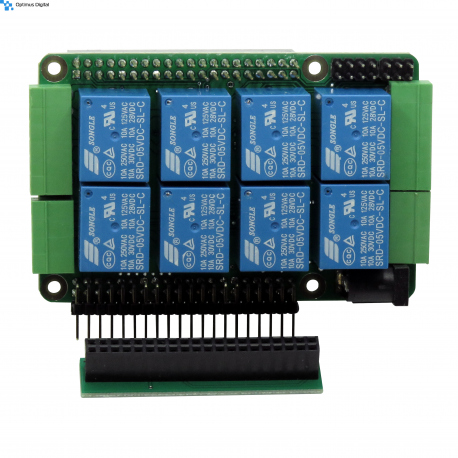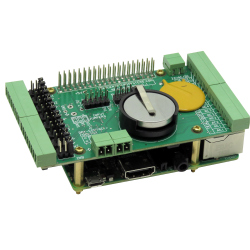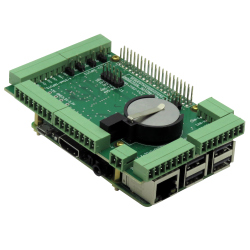Dupa plasarea solicitării de comandă, in sectiunea Istoric puteti vedea cate solicitări de comandă mai avem de procesat inaintea dumneavoastra
Program de lucru: Luni - Vineri 9:00 - 18:00, pauza 13:00 - 14:00.
Se efectueaza lucrari de mentenanta la site si pot aparea erori. In cazul in care intampinati erori va rugam sa reincercati mai tarziu.
Ridicarea personala este disponibila pentru comenzile achitate in avans. Se pot ridica dupa ce sunt pregatite.
Coş
0
Produs
Produse
(gol)
Niciun produs
Urmeaza a se stabili
Livrare
$0.00
Total
Produs adăugat cu succes la coşul dvs.
Cantitate
Total
0 articole în coșul dvs.
Aveţi un produs în coş.
Total produse:
Total livrare
Urmeaza a se stabili
Total
 Mărește
Mărește
Imaginile sunt utilizate exclusiv cu titlu de prezentare. Fotografiile nu creează obligații contractuale.
Sequent Microsystems Placă pentru Automatizarea Caselor, cu folosire până la 8 Module Stivuibile, pentru Raspberry Pi
0104110000076755
Produs nou
Sequent Microsystems Placă pentru Automatizarea Caselor, cu folosire până la 8 Module Stivuibile, pentru Raspberry Pi
Acest produs nu mai este in stoc
- Scrie o recenzie
- Elimina acest produs din lista mea de favorite.
- Adauga acest produs la lista mea de favorite.
- Imprimă
Informații
Sequent Microsystems Placă pentru Automatizarea Caselor, cu folosire până la 8 Module Stivuibile, pentru Raspberry Pi
Recenzii
Clienții care au cumpărat acest produs au mai cumpărat:
-

Sequent...
Sequent Microsystems Placă cu 8 Tranzistori...
$46.73
-

Sequent...
Sequent Microsystems Placă pentru Automatizări...
$93.46
-

Sequent...
Sequent Microsystems Placă pentru Automatizări...
$105.14





